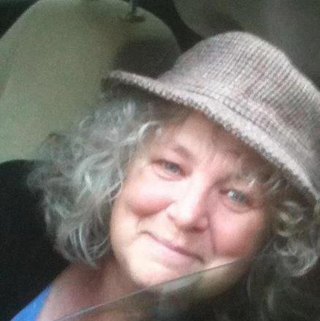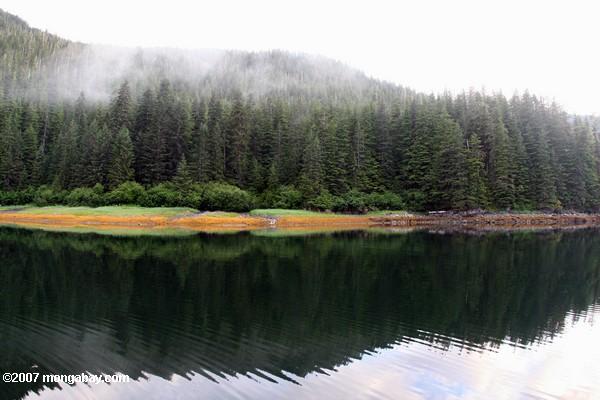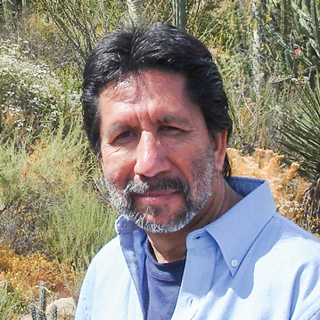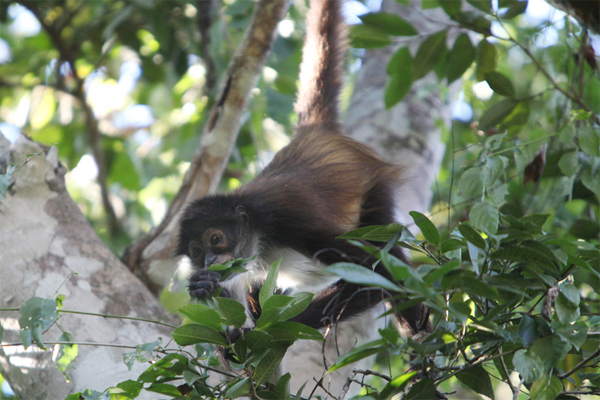Mongabay is excited to welcome two new board members.
Cynthia Adams and Rodolfo Dirzo bring a wide variety of experience and skills to the organization and will provide a powerful boost as Mongabay continues to grow into its role as one of the world’s most reliable sources for environmental science and conservation news.

Cynthia Adams
It was challenging to condense Cynthia’s experience as a conservationist into a single statement given the depth and breadth of her work, but she did offer some background on her impact on conservation in Alaska.
“I’ve been active in the environmental movement since the early 70’s when I went to Alaska to help protect that last, great wilderness,” she said. “I was seldom a frontline activist in terms of testifying and helping to draft policies, but I was definitely the one who engaged individuals and grantmakers to support our work.”
“One of my proudest moments was when President Carter signed the Alaska National Interest Lands Conservation Act on Dec. 2, 1980. It was a long, hard battle and we all felt as if we actually accomplished our goal.”
Cindy also offered some valuable insight into the important role journalism will play in conservation moving into the future.
“Good journalism is imperative if we want to influence our leaders, both nationally and globally. You can only get people to change their opinions if you feed them facts, and let them draw their own conclusions. That’s why I feel Mongabay, the articles they write and the research they uncover, will play such a vital role in the years to come.”

Alaskan wilderness
Rodolfo Dirzo serves as the principal investigator at Stanford University’s Dirzo Lab, which conducts in-depth studies on many facets of our planet’s ecology. Mongabay’s board is already exceptionally strong in the realm of science, and Rodolfo will bring it to the next level.

Rodolfo Dirzo
Rodolfo believes that Mongabay plays a pivotal role in not only dispersing the findings of the life sciences academic community but making it palatable for the general public.
“We need tools to ‘socialize’ such knowledge—to make sure the rest of society appreciates the beauty of our natural world, as explained by science, and the significance thereof to human wellbeing,” he said. “This is where environmental journalism becomes a fundamental ally of scientists, and I am delighted that Mongabay has become such an effective ally.”
The new board additions come as Mongabay is rapidly expanding its team, readership, and impact. Over the past two years, Mongabay’s staff has tripled while its contributor network has grown by 150 in more than 40 countries. Mongabay now provides daily environmental science and conservation news in English, Spanish, and Indonesian as well as a podcast and strong following on social media. Mongabay’s board will continue to play a key role in helping the organization grow.
Dave Martin, Director of Partnerships at Mongabay, welcomed the new additions.
“We have ambitious plans for the new year, including expanding our contributor network and Spanish-language news service, launching a video program, establishing new special reporting projects, and leveraging our new impact tracking system to better measure the outcomes resulting from our reporting,” he said. “With these new board members assisting us, I can’t wait to see what else 2017 brings.”

Spider monkey in Mexico
This post originally mislabeled the black handed spider monkey (Ateles geoffroyi) in the final photo as a howler monkey.